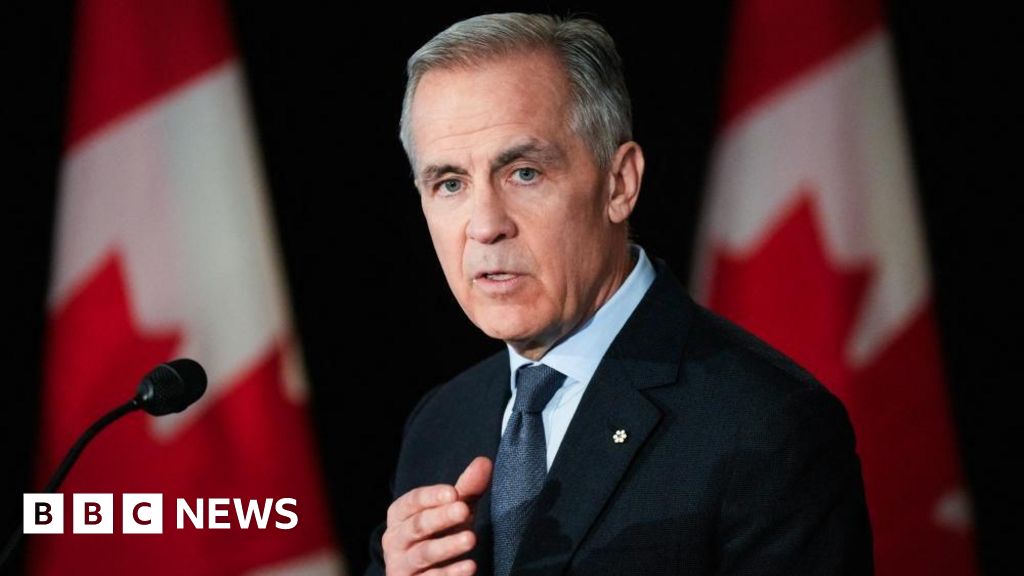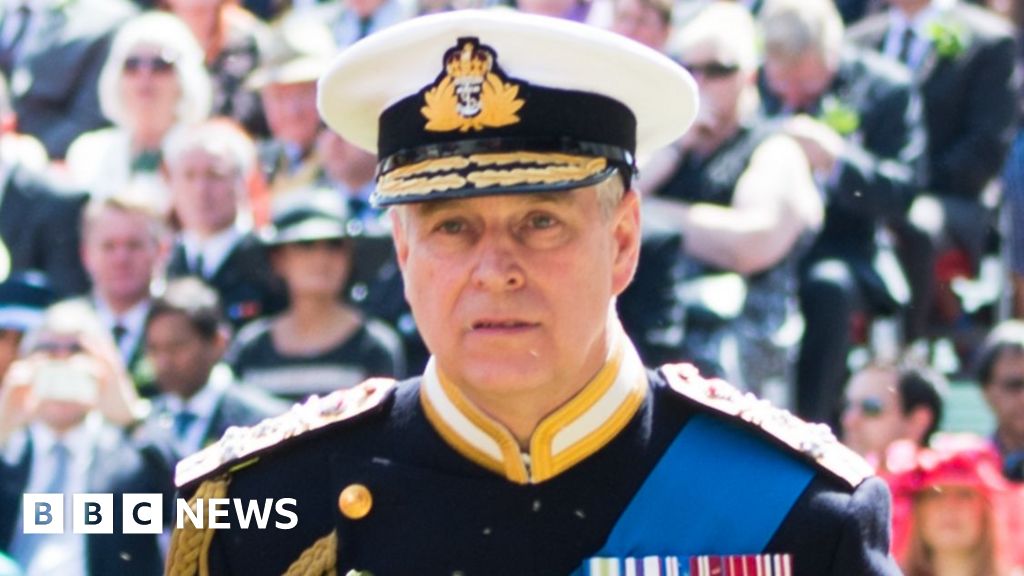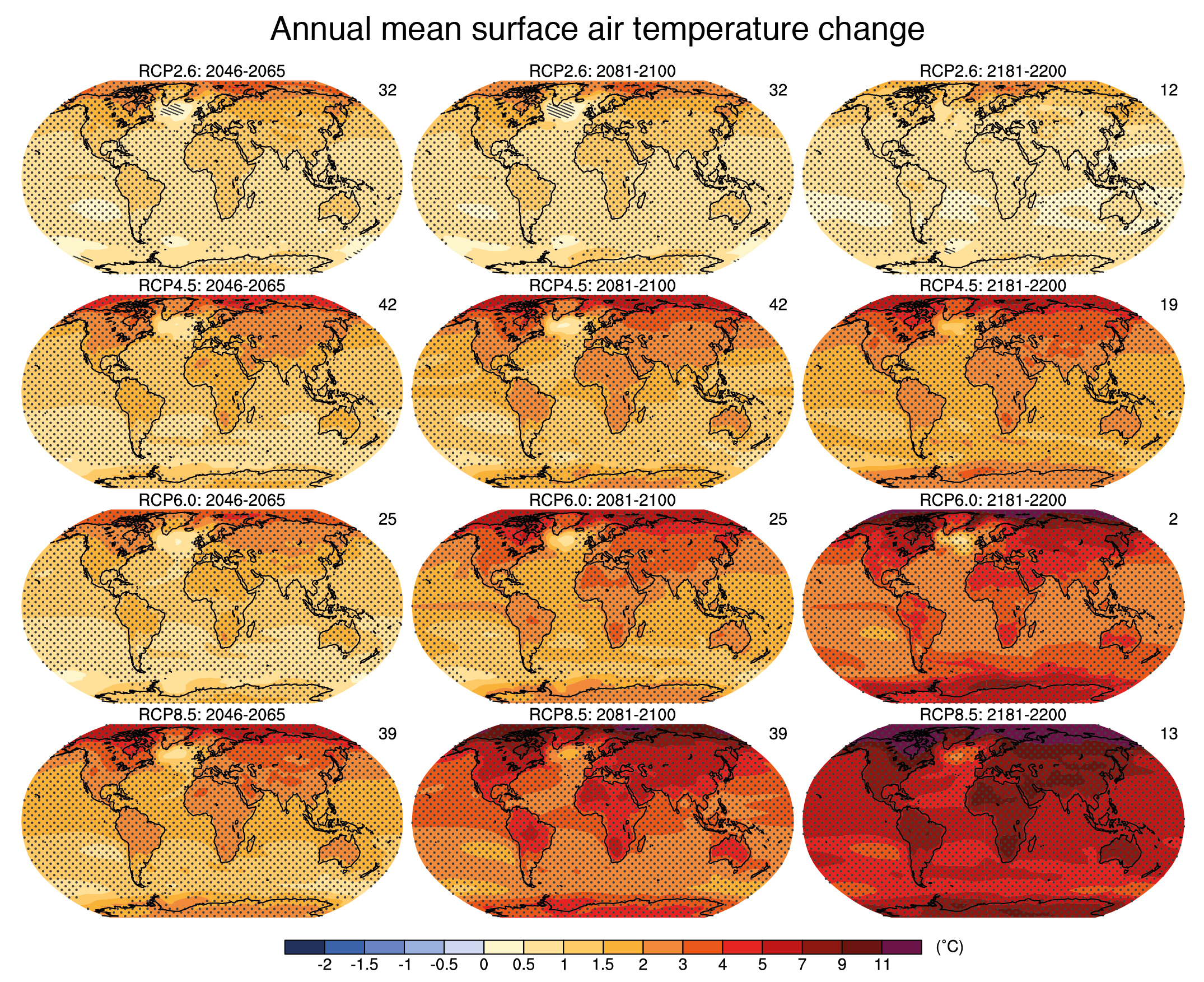King Charles to Address Canadian Parliament in Speech from the Throne
#king charles #canadian parliament #speech from the throne #economic recovery #climate change #social justice

About the People Mentioned
King Charles
King Charles III, born Charles Philip Arthur George on November 14, 1948, at Buckingham Palace, London, is the current monarch of the United Kingdom and 14 other Commonwealth realms. He is the eldest son of Queen Elizabeth II and Prince Philip, Duke of Edinburgh. Charles became the heir apparent at the age of three following his mother's accession to the throne in 1952. Charles was educated at notable institutions, including the University of Cambridge, where he graduated with a Bachelor of Arts degree in archaeology, anthropology, and history. He later received a Master of Arts degree. He was invested as the Prince of Wales in 1969, becoming the longest-serving Prince of Wales in history. Charles served in the Royal Navy and has been involved in numerous charitable endeavors, founding the Prince's Trust in 1976 to support young people. Charles has been married twice, first to Lady Diana Spencer from 1981 to 1996, and then to Camilla Parker Bowles in 2005. He has two sons, Prince William and Prince Harry, from his first marriage. As king, Charles continues to prioritize charitable work and environmental advocacy. His coronation took place on May 6, 2023, at Westminster Abbey, where he emphasized the importance of inclusivity and religious diversity. Currently, King Charles III plays a significant role in British and Commonwealth affairs. He has made historic state visits, including to Germany and France, further solidifying diplomatic ties. In early 2024, Charles faced health challenges, including a cancer diagnosis, which led to a temporary reduction in public engagements. Despite these challenges, he remains committed to his constitutional duties and charitable causes. His reign continues to be marked by both traditional and modernizing elements, reflecting the evolving nature of the British monarchy.
Mark Carney
Mark Carney is Canada's 24th Prime Minister, having been elected Leader of the Liberal Party and sworn in to office in March 2025[5]. Born in Fort Smith, Northwest Territories, in 1965, Carney is the son of teachers and was raised in Edmonton, Alberta[5]. He earned a Bachelor of Economics from Harvard University in 1988, followed by a Master's degree in 1993 and a doctorate in 1995, both from Oxford University[1]. Before entering public service, Carney spent thirteen years with Goldman Sachs, working in its London, Tokyo, New York, and Toronto offices[1]. He transitioned to government in 2003 when appointed Deputy Governor of the Bank of Canada, later becoming Senior Associate Deputy Minister of Finance in 2004[1]. On February 1, 2008, he was appointed Governor of the Bank of Canada, a position he held until June 1, 2013[4]. During the 2008 financial crisis, Carney distinguished himself by reducing interest rates ahead of other nations and implementing forward guidance strategies that helped Canada weather the recession more effectively than other G7 countries[2]. His success and media accessibility made him a prominent figure in central banking circles. He chaired the Committee on the Global Financial System at the Bank for International Settlements (2010–11) and served as chairman of the Financial Stability Board (2011–18)[2]. In 2013, Carney became Governor of the Bank of England, making him the first non-British person to lead the institution since its founding in 1694[2]. He served until March 2020, applying forward guidance strategies to support the UK economy through Brexit and subsequent crises[5]. After stepping down from the Bank of England, Carney was appointed UN Special Envoy on Climate Action and Finance in 2020 and served as an informal adviser to the Canadian government during the COVID-19 pandemic[2]. In September 2024, he was tapped to lead a Liberal economic task force, ultimately leading the party to victory in the April 2025 snap election before becoming Prime Minister[2][5].
About the Organizations Mentioned
Parliament
The **Parliament** is a fundamental democratic institution responsible for legislating, overseeing government activities, and representing citizens. It typically consists of elected representatives (such as MPs) who debate and pass laws, scrutinize government actions, and allocate public funds. Modern parliaments increasingly leverage digital technologies to enhance transparency, efficiency, and citizen engagement. Historically, parliamentary systems have evolved from traditional face-to-face deliberations to incorporating comprehensive digital infrastructures. For example, the UK Parliament has embraced ICT by providing MPs with secure email, intranet access, cloud-based productivity software, and tablet devices to replace paper documents, enabling remote work and environmental savings as part of its Digital First strategy[1]. Similarly, the Canadian Parliament expanded its use of ICT during the COVID-19 pandemic, adopting tools like Zoom for hybrid meetings and e-voting apps, along with open data portals and virtual reality experiences to boost public accessibility and engagement[2]. Parliaments worldwide face the challenge of modernizing while preserving valued traditions. Innovation involves digitizing parliamentary information (minutes, debates, bills), implementing secure digital systems for remote participation, electronic voting, and live streaming of sessions[4]. Developing digital skills among parliamentarians and staff is critical to maximize these technologies' benefits[4]. The Global Centre for ICT in Parliament supports these efforts by facilitating knowledge exchange and technical assistance globally[5]. Key achievements in parliamentary innovation include the integration of AI tools for legislative analysis, enhanced transparency through open data, and improved citizen engagement platforms[3][7]. In 2025, some legislatures, such as the House of Representatives, established specialized committees focused on AI and information technology policy, reflecting a growing recognition of digital transformation’s strategic importance[7]. Currently, parliaments are undergoing broad digital transformations, re-mapping technological landscapes to meet future business needs, improve legislative processes, and strengthen democratic institutions worldwide[6]. This ongoing evolution blends tradition with innovation to create more accessible, transparent, and effective legislatures for the

















